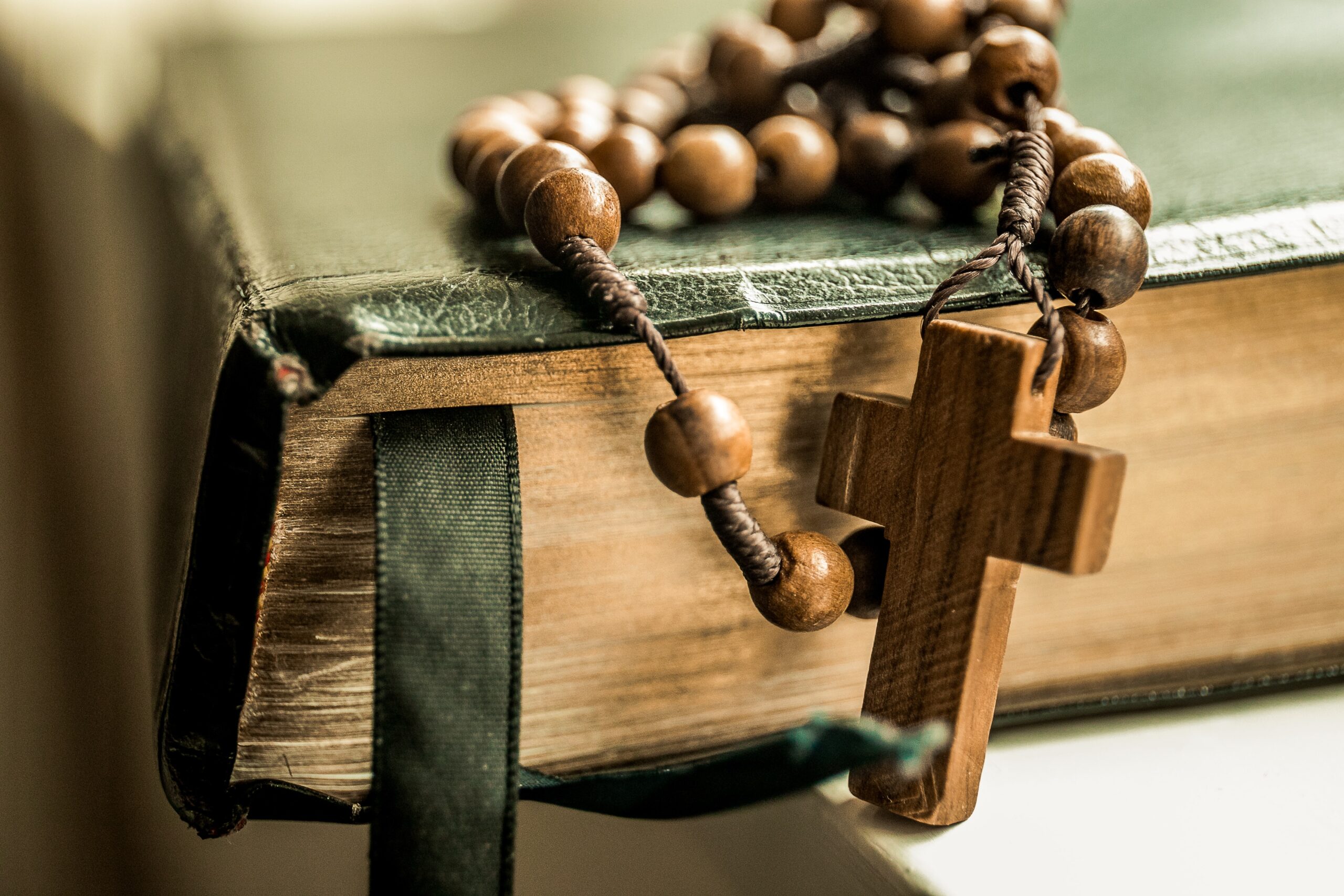The book of Hosea is a beautiful love story full of mercy, faithfulness and forgiveness. Hosea 6:6 says, “For it is love that I desire, not sacrifice, and knowledge of God rather than burnt offerings.” Some translations have mercy, not love. Either way, the point is the same. We are to give out love and mercy and know God rather than focus on sacrifice. Which is odd to think about during Lent, as we sacrifice in preparation for Easter.
The key, of course, is told to us in the Gospels, where Jesus speaks. Today we read the story of the Pharisee and the tax collector and their approach to prayer. I ask myself this question, “do I need God’s mercy?” and then, “do I want God’s mercy?”
The Pharisee is certainly not interested in God’s mercy, he’s too busy being self-righteous. I could make a list of virtues the Pharisee needs. And then, I would be just like him! Let’s not indulge ourselves in that behavior, either about this particular Pharisee or the people around us.
Instead, look at the tax collector. He knows who God is, he knows who he is, and he knows who is not God. He is in need of God. His mercy. His love. His forgiveness. He humbles himself out of love (cf Hosea 6:6) not out of obligation or fear or lack of self-esteem.
This verse, ‘O God, be merciful to me a sinner.’ (Luke 18:13b) is part of the Jesus prayer used in the Eastern Orthodox and Catholic Churches: “O Lord Jesus Christ, Son of God, have mercy on me, a sinner”. It is a beautiful prayer to use throughout the day, especially in those moments when we have sinned or need help in making the decision to avoid sin.
When we acknowledge our need for mercy, it overflows. As we continue our Lenten journey let’s not hesitate to ask for mercy, let’s make our sacrifices out of love and grow in our knowledge of God. That is what my prayer is for all of us today.
 Deanna G. Bartalini, MEd, MPS, is a Catholic educator, writer, speaker, and retreat leader. She has served in ministry for over 40 years as a catechist, religious education director, youth minister, liturgical coordinator, stewardship director and Unbound prayer minister. For all of Deanna’s current work go to DeannaBartalini.com.
Deanna G. Bartalini, MEd, MPS, is a Catholic educator, writer, speaker, and retreat leader. She has served in ministry for over 40 years as a catechist, religious education director, youth minister, liturgical coordinator, stewardship director and Unbound prayer minister. For all of Deanna’s current work go to DeannaBartalini.com.
Feature Image Credit: James Coleman, https://unsplash.com/photos/p4lgsiyGW0s


